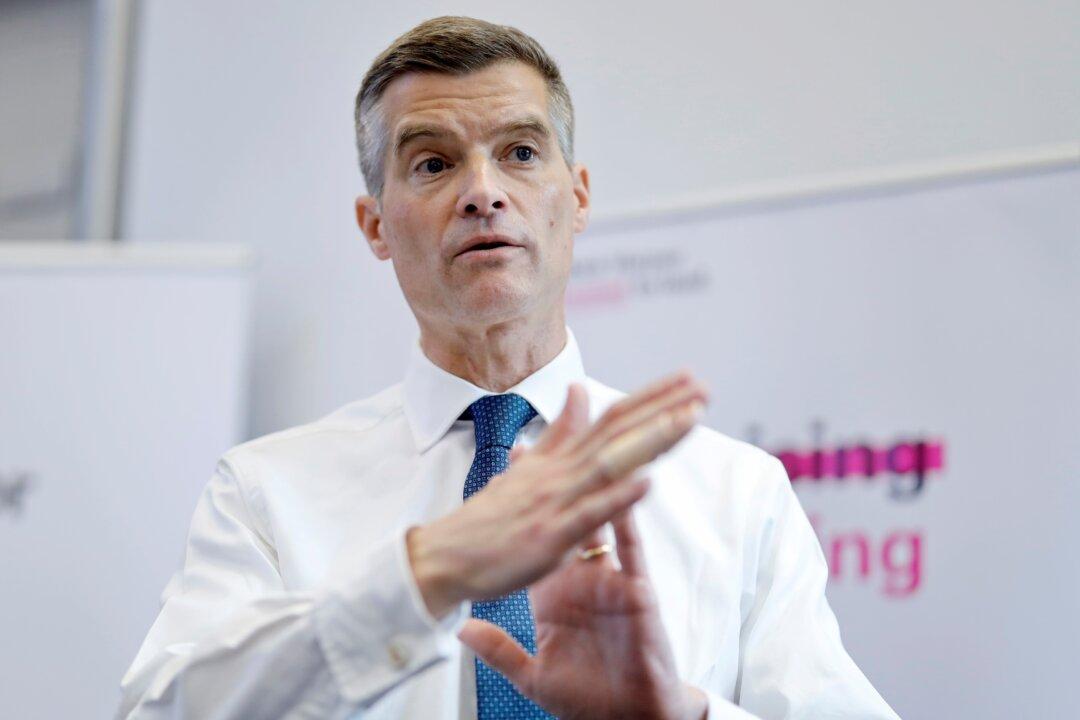A number of UK Conservative party backbenchers formed a group to fight future lockdowns, as Prime Minister Boris Johnson faces growing rebellion against the current measures to stem the spread of the CCP (Chinese Communist Party) virus.
The new Covid Recovery Group announced on Tuesday that it is chaired by former Junior Minister and Chief Whip Mark Harper, who said he voted across the party line for the second time in fifteen years last week, against the second national lockdown in England.





